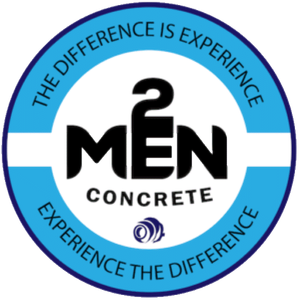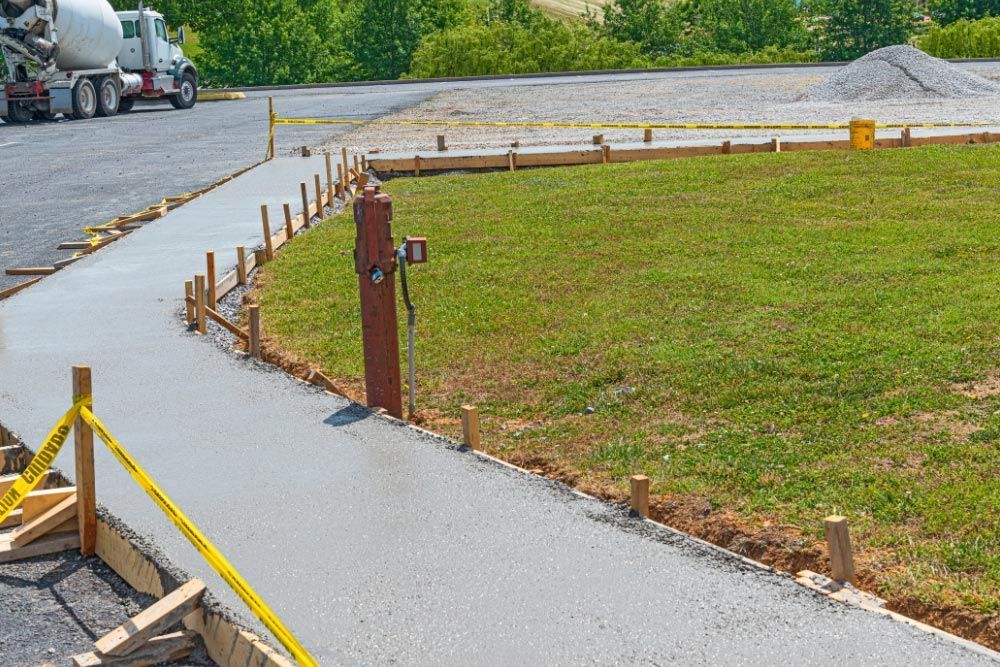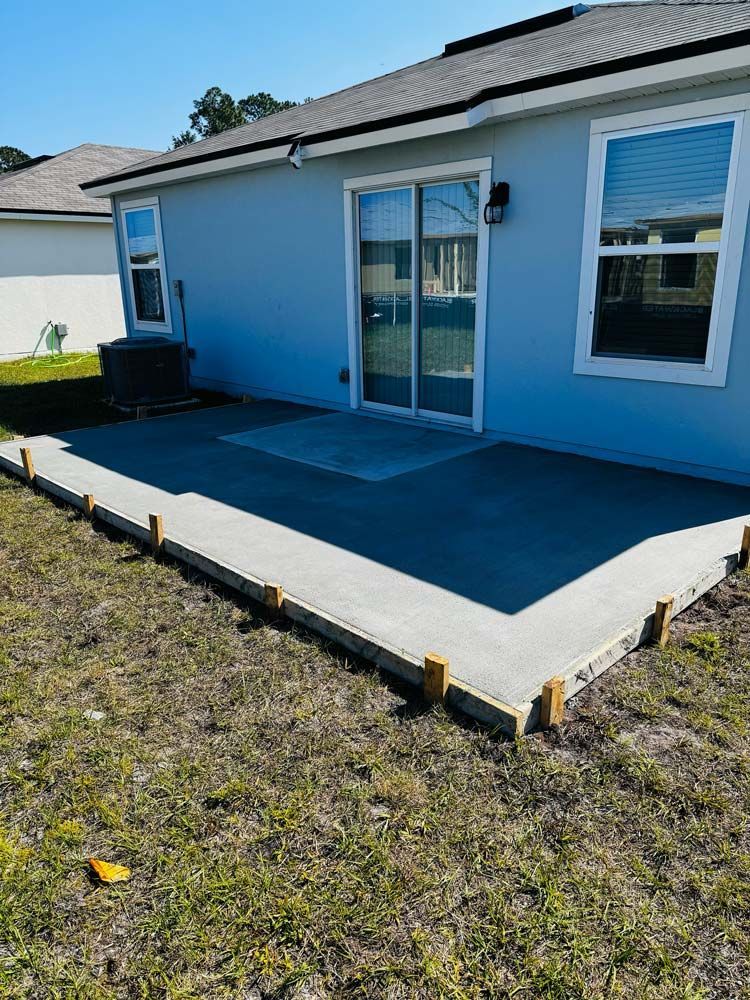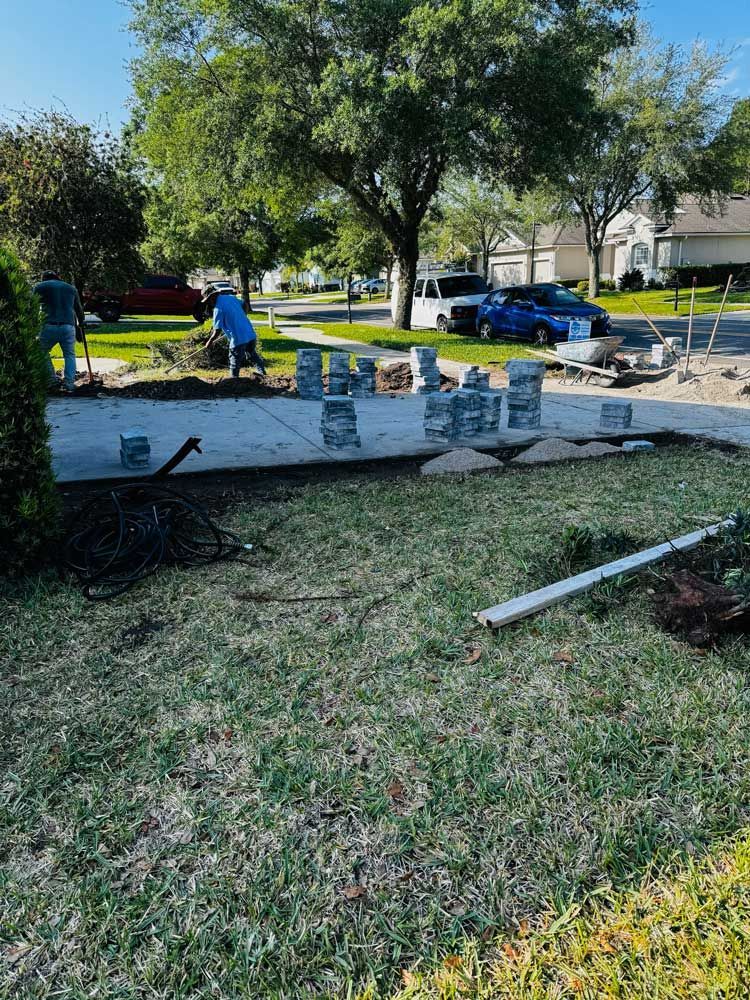When Do I Need a Building Permit in Florida?
Navigating the requirements for building permits in Florida is an essential part of any construction or renovation project.
Permits are designed to ensure safety, compliance with local building codes, and adherence to zoning laws. Whether you’re a homeowner embarking on a DIY project or a contractor managing a large-scale renovation, understanding when and why you need a permit can save you from potential legal issues and costly fines.
In this guide, we’ll cover the types of work that require permits, those that don’t, and the steps to obtain a building permit in Florida.
What Work Requires a Permit in Florida?
In Florida, any significant changes to a property often require a building permit. Here are some common examples:
Structural Changes
Projects that alter the structure of a building, such as adding a room, removing load-bearing walls, or constructing a new deck, will need a permit. Structural integrity is a critical concern, and permits ensure the work is done safely.
Electrical, Plumbing, and HVAC Work
Installing or modifying electrical systems, plumbing, or HVAC systems almost always requires a permit. This includes projects like:
- Rewiring a home.
- Installing a new water heater.
- Adding or relocating air conditioning units.
Roof Replacements
Roofing work, particularly replacements or extensive repairs, requires a permit to ensure compliance with building codes and weather resilience standards.
Major Renovations
Any large-scale remodels or renovations, such as updating a kitchen or bathroom, typically require a permit, especially if they involve structural, electrical, or plumbing changes.
What Does Not Require a Building Permit in Florida?
While many projects need a permit, there are exceptions for minor work. Some examples include:
Cosmetic Upgrades
Simple aesthetic updates, such as painting walls, installing new flooring, or replacing countertops, usually do not require a permit.
Small Repairs
Minor repairs, such as fixing leaks, replacing broken windows, or patching drywall, often do not necessitate a permit unless they affect structural or system integrity.
Prefabricated Sheds
Small, prefabricated sheds under a certain size (check local regulations) may not require a permit. However, placement and zoning rules must still be observed.
For a detailed overview of projects exempt from permits, check the projects of 2menconcrete.
Steps to Obtain a Building Permit in Florida
If your project requires a permit, follow these steps to ensure compliance:
Step 1: Research Local Regulations
Permitting requirements can vary by county or municipality. Check with your local building department for specific guidelines.
Step 2: Prepare Necessary Documents
Commonly required documents include:
- Blueprints or Plans: Detailed drawings of the proposed work.
- Property Surveys: To confirm property boundaries and zoning compliance.
- Contractor Information: If hiring professionals, their licenses and insurance details are often needed.
Step 3: Submit an Application
Applications can often be completed online or at your local building department. Include all necessary documentation and pay the required fees.
Step 4: Schedule Inspections
After the permit is approved, inspections may be required at various stages of the project. Inspectors ensure the work complies with codes and standards.
Step 5: Final Approval
Once the project is completed and passes all inspections, you’ll receive a certificate of occupancy or final approval.
Why Are Building Permits Important?
Building permits play a crucial role in ensuring safety, compliance, and quality. Here’s why they matter:
Safety
Permits ensure that construction adheres to safety standards, protecting occupants from hazards like electrical fires or structural collapses.
Legal Compliance
Unpermitted work can lead to fines, legal issues, or difficulties when selling the property. Permits provide a clear record of approved work.
Quality Assurance
Inspections associated with permits ensure that the work is done correctly, reducing the risk of future problems and costly repairs.
Consequences of Skipping a Permit
Failing to obtain a required permit can have serious repercussions:
List of Services
-
Fines and PenaltiesList Item 1
Local authorities can impose fines for unpermitted work.
-
Halted ProjectsList Item 2
Inspectors can issue stop-work orders until permits are obtained.
-
Lower Property ValueList Item 3
Unpermitted work may not be recognized during appraisals or inspections, reducing the property’s value.
Understanding when you need a building permit in Florida is essential for successful construction and renovation projects. By following local regulations and obtaining the necessary permits, you ensure your work is safe, compliant, and of the highest quality. Learn more about permit requirements here.
Common Questions About Building Permits
Do I Need a Permit to Replace Drywall?
Replacing small sections of drywall typically does not require a permit. However, if the work involves structural changes, such as removing or modifying walls, a permit is usually needed.
Do I Need a Permit to Replace Kitchen Cabinets?
In most cases, replacing cabinets does not require a permit unless it involves changes to electrical or plumbing systems.
What Home Improvements Require a Permit in Florida?
Projects that generally require permits include:
Building fences above a certain height.
Installing pools or hot tubs.
Constructing patios, gazebos, or pergolas.
For a complete list, consult your local building department or visit this site for more information.



